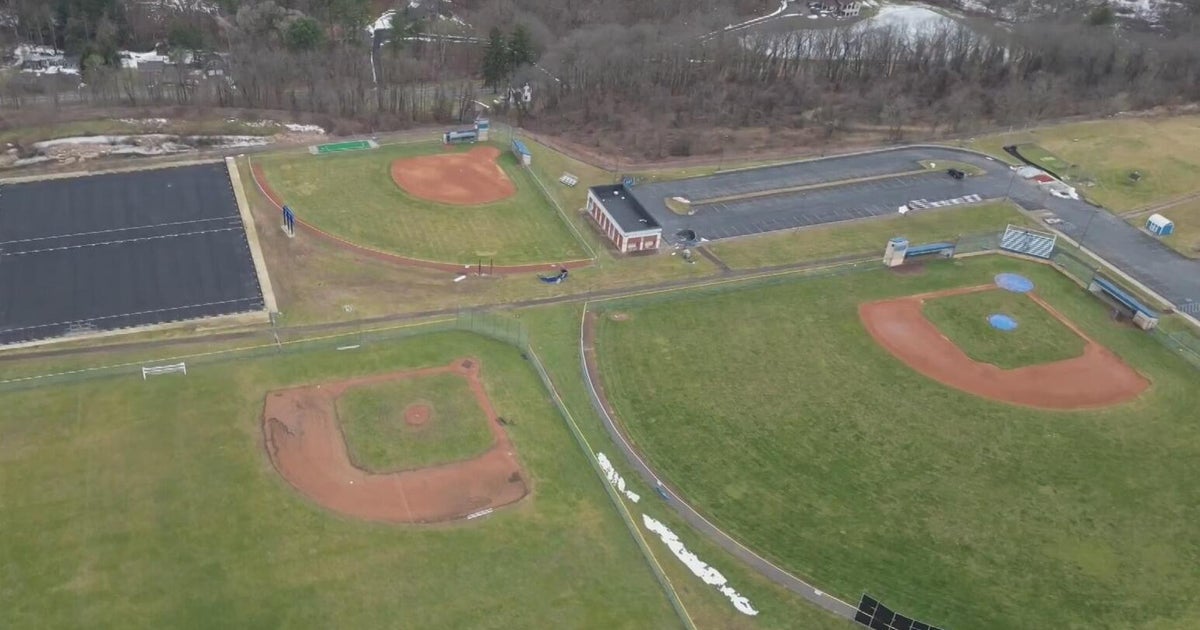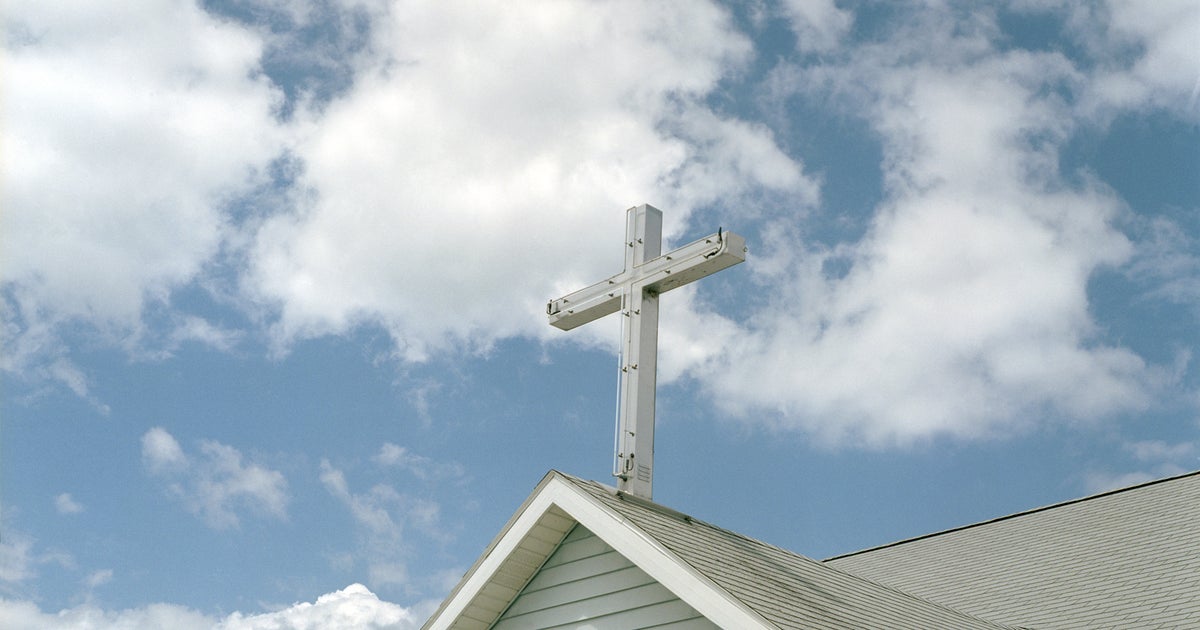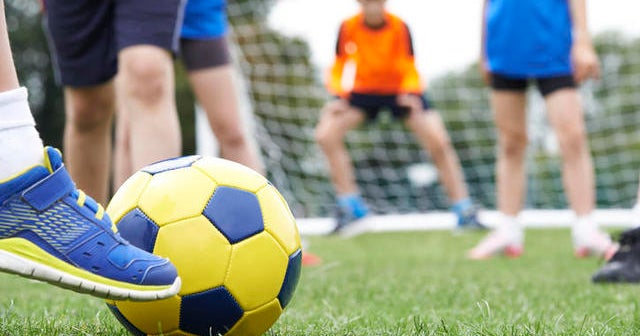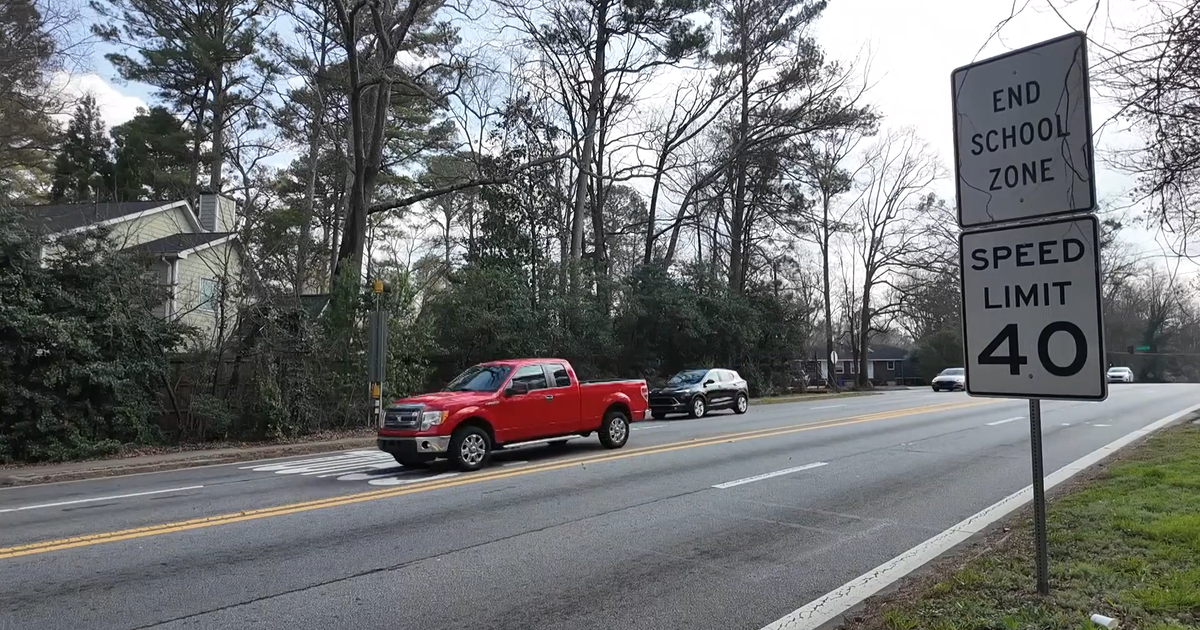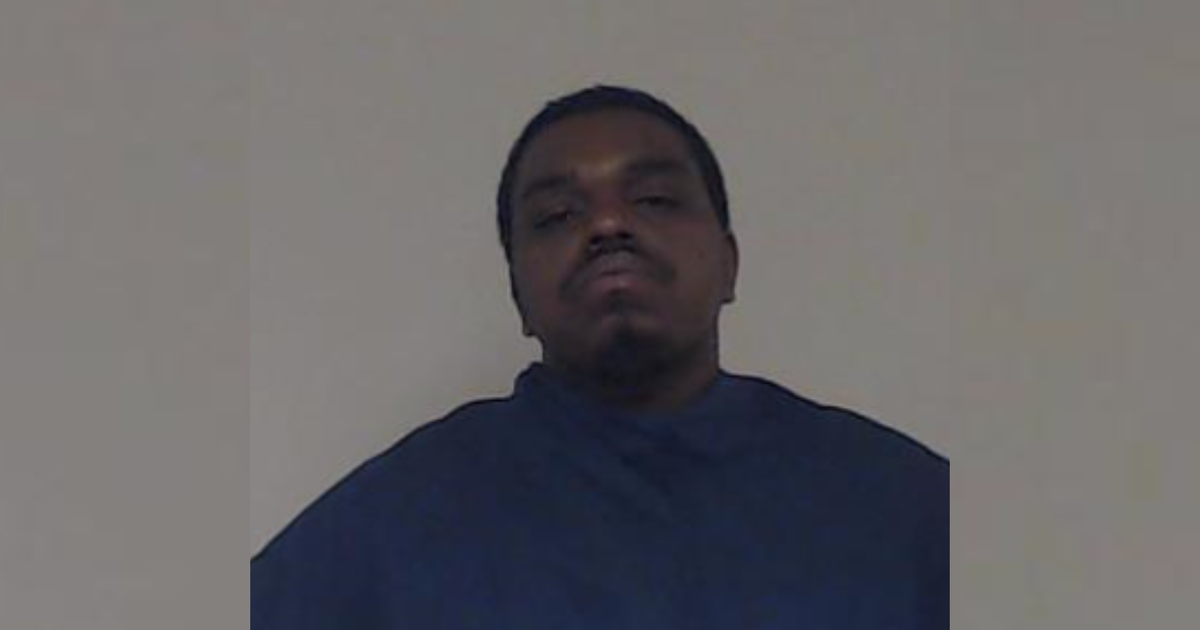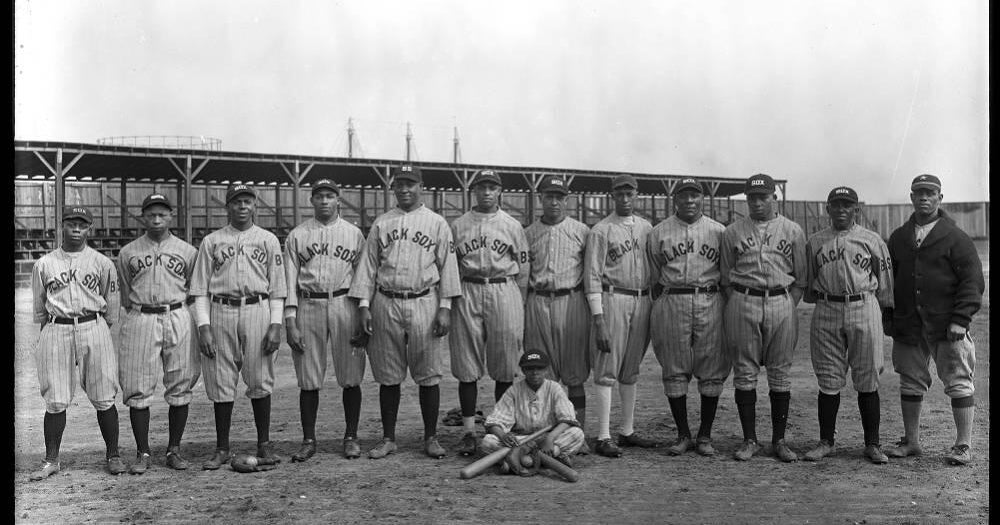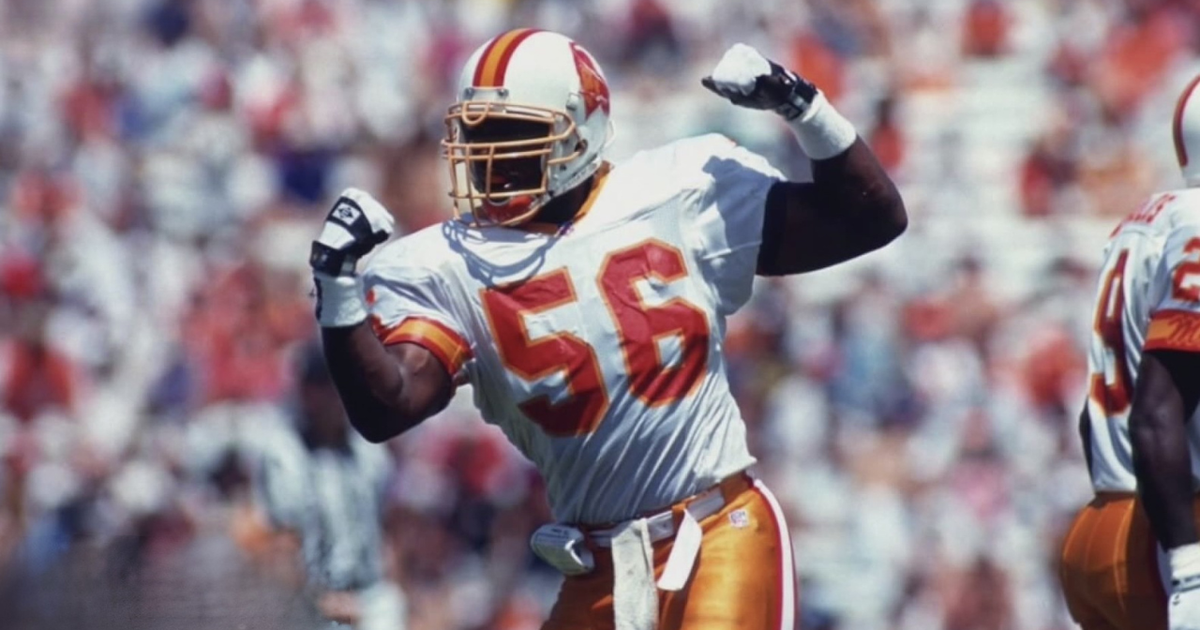I-Team: Is Your Child Playing On A Safe Field?
Follow CBSDFW.COM: Facebook | Twitter
NORTH TEXAS (CBS11 I-TEAM) - Your football, soccer or lacrosse player may be playing on fields that have no safety standards. And the bigger problem could be no one is regulating them. While the safety focus in sports used to be on head-to-head player hits, attention may soon turn to head-to-turf hits.
Synthetic turf fields are everywhere. Out of the 63 North Texas high school stadiums the I-Team checked, only nine still have grass. Turf is touted as almost maintenance free, but some industry experts say you must maintain turf to reduce serious injuries.
"You have to maintain roads. You have to maintain parking lots. This is a substantial investment for a school district," said former Dallas Cowboys fullback Daryl Johnston.
Johnston owns a company that maintains synthetic turf. He says too many school districts are installing and then ignoring the fields. He says there is a point. Without the proper maintenance, the fields becomes dangerous.
Johnston says they tell schools the crumb rubber infill which is meant to protect athletes moves, settles, and is lost over time. But a call from the former NFL player is not changing minds.
"We have found it extremely hard, extremely hard, to convince schools to sign a maintenance contract," said Johnston.
Ed Vinzant is also in the business. He showed the I-Team the difference in the look and feel after his crew worked on an indoor soccer field.
"I think there at least needs to be some guidance in the industry so the school districts at least know what they are doing," said Vinzant.
But the I-Team has learned there are no guidelines. A spokesperson with the University Interscholastic League said maintenance "is left up to the discretion of schools."
And the I-Team found no consistency when the I-Team asked districts how more than 60 fields are maintained.
Mansfield, McKinney, Mesquite and Keller are among the districts which told CBS11 they get annual maintenance from the installer.
Fort Worth, Frisco, DeSoto and Allen told us they do much of the maintenance themselves.
A Celina spokesperson said the fields are "virtually maintenance free."
And a spokesperson for the Hurst-Euless-Bedford school district told the I-Team, no log is kept with the maintenance schedule.
A just released study published by Michael C Meyers, FACSM, at Idaho State University, which looked at fields nationwide including Texas, found those with more rubber infill have "significantly lower total injury incidence rates."
The Concussion Legacy Foundation says schools should be evaluating "field-firmness" every year.
The NFL does that before every game. A test simulates a head and records the impact so the NFL knows hard the field is.
But there is no requirement for our schools to do these tests ever.
Only 17 of the 63 fields the I-Team checked did some type of testing in the last two years. They include fields at Grapevine, Frisco, Mansfield, Keller and Prosper.
According to the documents the I-Team obtained, fields in the Aledo, Hurst-Euless-Bedford, DeSoto, Fort Worth and Dallas districts have never been tested.
However, after the I-Team started asking, Prosper, Allen and Dallas said they had testing scheduled. Fort Worth said it is now considering it.
Dan Sawyer is the owner of a safety layer company called Brock USA.
"As the marketplace gets more educated and as they see their old fields age and get harder... and maybe fail some of these tests, there is more of a trend to try and achieve greater safety values... But we are just scratching the surface."
Sawyer recently attended an ASTM International Conference where he said industry experts met to discuss the safety of these fields, toughening standards, and creating mandates.
A spokesperson with ASTM tells us it is "quite active in developing standards for playing surfaces, including turf fields."
But Sawyer tells the I-Team there is no governing body making sure any standard is enforced.
"If it is going to be enforceable, that would have to be a standard from some of the sports governing bodies whether it is US Soccer or the NFL or the NCAA."
Sawyer says without enforceable standards, the last thing schools will do is "spend their money on maintaining a grass plastic field."
Johnston says it's money worth spending, because parents have no idea how hard the fields can become.
If you have a child athlete, here's what you should do:
- Ask your athletic department about the maintenance plan.
- Ask how often your district tests the fields.
- Walk the field yourself. See how clean it is and how it feels. You should be able to see the black rubber on top.
- And, if your kids are coming home with the black rubber infill in their shoes, don't worry. This is actually good. It means the turf infill is loose and on the top of the surface rather than compacted in the plastic fibers. Experts tell us your child can not be bringing enough of it home to weaken the field.
(©2017 CBS Local Media, a division of CBS Radio Inc. All Rights Reserved. This material may not be published, broadcast, rewritten, or redistributed.)
